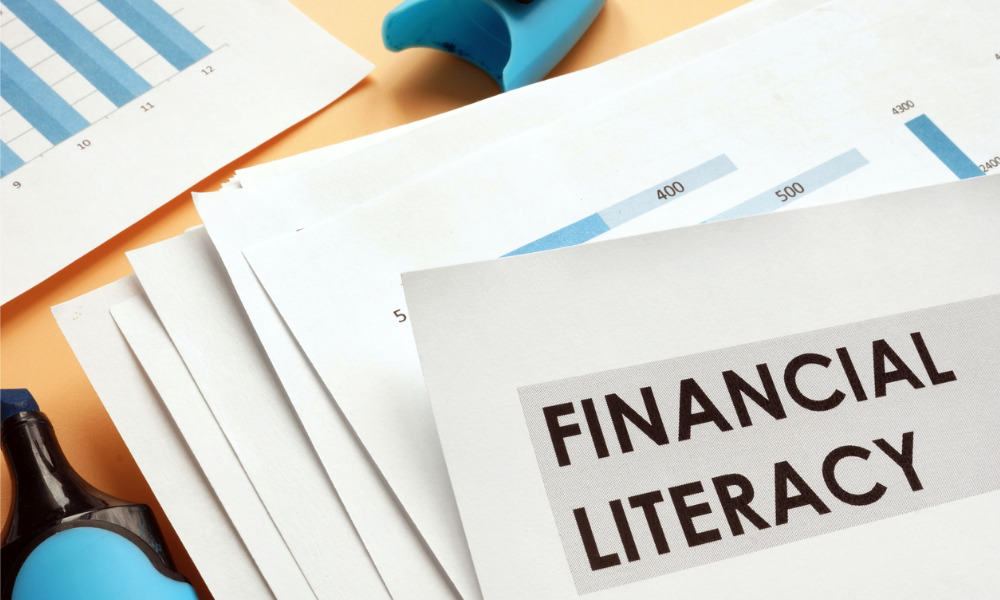FCAC encouraging family talks about economics and money as households evaluate their financial situation

As Canada maintains its place among the world’s top-ranking countries for financial literacy, the Financial Consumer Agency of Canada (FCAC) is encouraging parents to discuss money and finances with their children.
Citing the results of the Organisation for Economic Co-operation and Development’s (OECD) 2018 Programme for International Student Assessment (PISA) survey of 15-year-old students, FCAC said that teens who talked about finances with their parents at least once a week scored 33 points higher in financial literacy versus those who did not.
“I am pleased that once again Canada ranks among the top countries in the world for financial literacy among youth,” said FCAC commissioner Judith Robertson.
The recent survey also ranked the 20 countries surveyed based on financial literacy. Canada shared second place with Finland for the second straight period. Canadian 15-year-old students registered an average score of 532 in financial literacy, exceeding the OECD average by 28 points.
Nine tenths (91%) of Canadian students managed to perform tasks with at least the minimum level of financial literacy needed to fully participate in modern society. Tasks associated with advanced levels of financial literacy, meanwhile, were successfully accomplished by almost half (44%) of Canadian students.
“As Canadian families face new financial realities due to the COVID-19 pandemic, Canada's PISA results are a reminder that involving children in conversations about money at home can have a profoundly positive impact on their future financial success and overall well-being,” Robertson said.
The association suggested numerous ways for parents to improve their children’s financial literacy as they review their household finances in the midst of the COVID-19 pandemic, including talks about economic or financial news and how the family is responding financially to the present circumstances.



